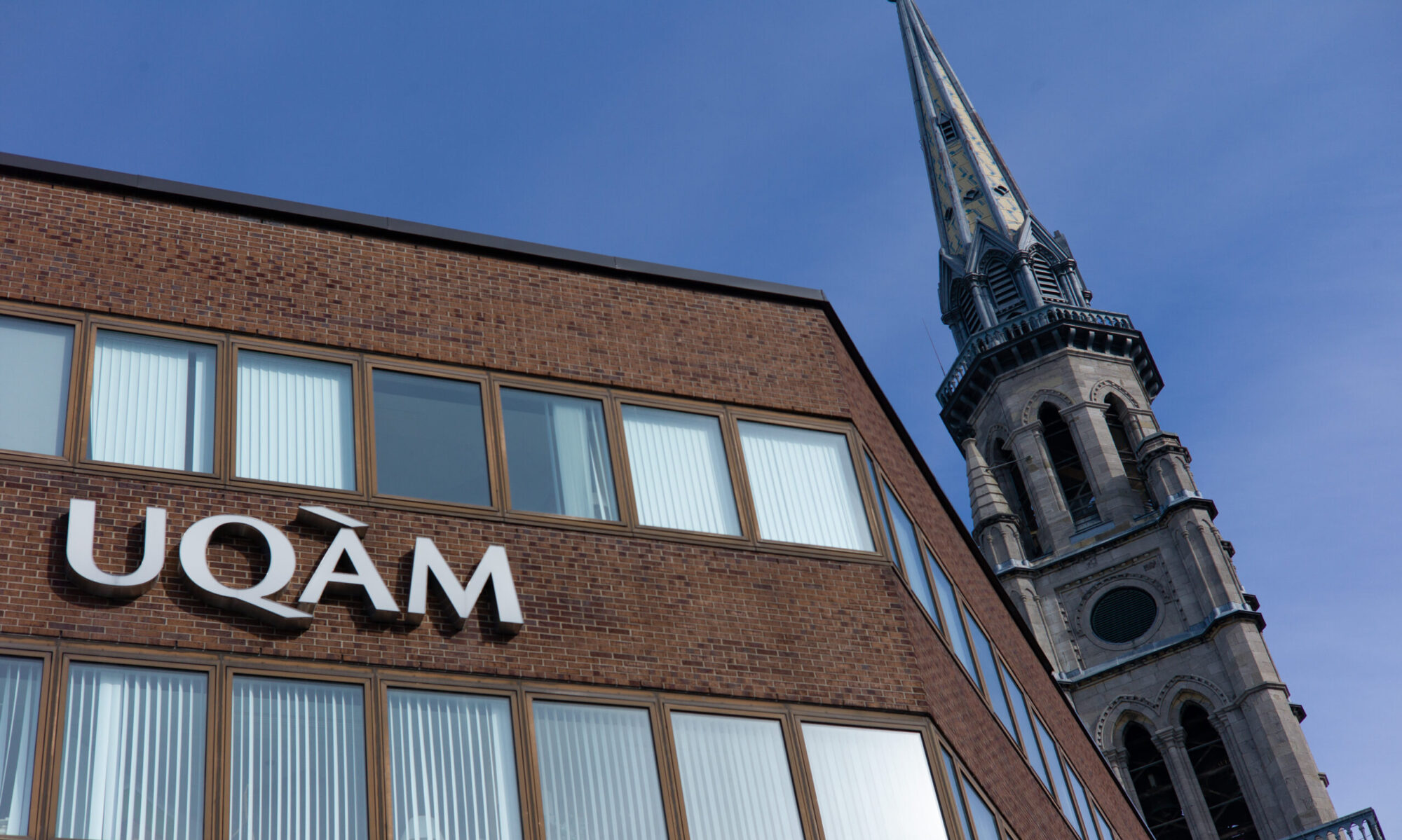Une adresse des plus utiles actuellement : la Prestation canadienne d’urgence

Des 350 références colligées ces trois derniers jours par l’équipe de The Syllabus qui publie depuis 10 jours son Coronavirus Readings, j’ai retenu celles qui suivent. Rassemblées en 4 groupes : philosophie, politique, économie et transition.
Philosophie
Urgence ou crise ?
Une urgence (emergency) est une situation imprévue, qui amène des mesures temporaires visant à ramener la situation au « statuquo ante », à la normale le plus tôt possible. Une crise peut être prévisible, et même annoncée. Elle se résout habituellement par des changements de rôles ou de structure qui feront que la situation ne sera plus pareil après qu’avant.
The appropriate response to a crisis is not temporary emergency powers but permanent, future-oriented transformation.
Yes, COVID-19 Is an Emergency : It’s Also a Paradigm Shift – Public Seminar
Questions pour temps d’épidémie
Peut-être comprendrons-nous que cette épidémie meurtrière nous offre l’occasion d’extirper de nous-mêmes des couches de graisse, d’avidité bestiale. De réflexion obtuse et aveugle. D’une abondance devenue un gâchis qui a commencé à nous étouffer (et pourquoi diable avons-nous accumulé tant d’objets ? Pourquoi avons-nous à ce point bourré et enterré nos existences sous des montagnes d’objets superflus ?).
Questions pour temps d’épidémie – Libération
L’épistocratie
La rationalité scientifique ne peut pas résoudre les dilemmes moraux !
The Plague That Killed Athenian Democracy
Want to know how disease can permanently alter a society? Read Thucydides.
Thucydides and the great plague of Athens have a lot to teach us in the age of the coronavirus.
Politique
Cette crise rend visibles ceux qui sont d’ordinaire invisibles
Notre société est quasiment à l’arrêt, cantonnée à ses fonctions essentielles – protéger, soigner, nourrir. Il y a des métiers entiers qui sont dehors pendant que la plupart d’entre nous sommes dedans : caissières, livreurs, soignants, éboueurs, gendarmes et policiers, boulangers… une armée de l’ombre s’occupe de leurs enfants après l’école ou nettoie leurs appartements.
On a beaucoup parlé de «société de la connaissance», il faut aujourd’hui inventer une nouvelle économie des rapports sociaux. Mais il faut défendre une idée extensive du «care» qui ne se limiterait pas au soin porté aux malades, aux personnes âgées et aux enfants. Nous devons l’étendre à toutes ces fonctions qui permettent à la société de tenir debout. La caissière du Monoprix parisien qui habite en banlieue et qui termine à minuit fait partie de ce «care».
«Cette crise rend visibles ceux qui sont d’ordinaire invisibles» – Libération
Grocery Stores Are the Coronavirus Tipping Point
Before he went into quarantine, the Atlanta Whole Foods worker I interviewed overheard a customer walk into the store and say into his phone, “I’m pretty sure I have it; I’m going to the doctor now. I just have to stop at Whole Foods first.”
Can You Get Coronavirus from the Grocery Store? – The Atlantic
We created this beast
Combatting the virus by way of self-isolation and social distancing has the unintended side effect of showing us how the organization of much of paid labour is intimately connected to the destruction or preservation of the ecosystem that encapsulates all of our lives. Fighting the virus means fighting work.
No bail-outs for big business, but a bail-out for the people and the planet.
This requires large public investments to make our societies climate neutral, implementing policies of degrowth, and a different social relation to our environment. Naturally, the benefits and burdens must be shared fairly, as we realize an alternative organization of work.
We already knew that it was necessary. The COVID-19 pandemic makes it clear that it is also possible.
We created this beast | Eurozine
How the Pandemic Will End: The U.S. may end up with the worst COVID-19 outbreak in the industrialized world. This is how it’s going to play out.
That a biomedical powerhouse like the U.S. should so thoroughly fail to create a very simple diagnostic test was, quite literally, unimaginable.
“we need to be prepared to do multiple periods of social distancing,” says Stephen Kissler of Harvard.
Perhaps the nation will learn that preparedness isn’t just about masks, vaccines, and tests, but also about fair labor policies and a stable and equal health-care system.
[O]nline algorithms and partisan broadcasters only serve news that aligns with their audience’s preconceptions .
We can build a better world after COVID-19
The people demonized by Trump are part of a vast, low-wage social reproduction workforce: The cleaning workers who come in unseen to keep hospitals, airplanes, offices, and grocery stores sanitized, often without any job security, paid sick time, or health care; the food delivery workers who bring groceries and takeout to the work-from-home brigades or to the exhausted nurses and doctors on the frontlines; the farmworkers who harvest everything we eat; and the Amazon warehouse workers who are packing our panic-ordered wet wipes and toilet paper.
When this crisis abates, we will live in a different world—hopefully, one where we have learned how quickly we can adapt to a life that doesn’t revolve around work and consumption but, instead, around taking care of one another. It could be a world that has had to prove it can address a global catastrophe, and one in which we have no excuse left for failing to tackle climate change.
In that world, the most important question will not be “How do we get everyone back to work?” but “How can we distribute the necessary work more fairly and evenly, and value it according to its contribution to sustaining our lives?”
We Can Build a Better World After COVID-19 – Progressive.org
Économie
This Is Not a Recession. It’s an Ice Age.
The stock market lost 20 percent of its value in just 21 days—the fastest and sharpest bear market on record , faster than 1929, faster than 1987, 10 times faster than 2007.
Coronavirus Is Speeding Up the Amazonification of the Planet
As restaurants, bars, and local shops close down, platform-based monoliths are vacuuming up customers and jobs
Coronavirus Is Speeding Up the Amazonification of the Planet
Les GAFA contre la pandémie
Mobilisation des GAFA contre la pandémie Covid-19 : business as usual
Transition
Put clean energy at the heart of stimulus plans to counter the coronavirus crisis
Large-scale investment to boost the development, deployment and integration of clean energy technologies – such as solar , wind , hydrogen , batteries and carbon capture (CCUS) – should be a central part of governments’ plans because it will bring the twin benefits of stimulating economies and accelerating clean energy transitions.
https://www.iea.org/commentaries/put-clean-energy-at-the-heart-of-stimulus-plans-to-counter-the-coronavirus-crisis (Agence internationale de l’énergie)
What Coronavirus Means for the Possibility of a Carbon-Free Economy
The transition away from fossil fuels is happening, with or without coronavirus, but there are a lot of reasons why governments might want to use this moment to double down on measures to address climate change
The Possibility of a Carbon-Free Economy (Time magazine)
Green Stimulus Plan for a Post-Covid-19 Economy
En 5 points :
- prioritize public health;
- provide direct economic relief to families;
- relieve workers rather than corporate executives;
- protect elections and democratic processes;
- and, make a “down payment on a regenerative economy.”
Green Stimulus Plan for a Post-Covid-19 Economy – CityLab
Transit is in trouble due to coronavirus. This Green New Deal plan could help.
The numbers are grim . Major transit agencies have reported ridership dropping by more than half over the last two weeks. But an even larger catastrophe is looming. With fewer riders paying fares, and operational costs rising due to increased sanitizing of vehicles and facilities, transit systems in cities like Boston , San Francisco , Austin , and Los Angeles have announced service cuts, including, in some cases, eliminating all overnight service at a time when there are no other options for transit-dependent riders to get around safely.
How the Green New Deal could save public transit from coronavirus – Curbed
Le moment où jamais !
l’on sort de l’économie de marché pour entrer au moins temporairement dans une économie administrée.
Covid-19 : «C’est le moment où jamais pour agir sur le front climatique» – Libération
